Tutorial Speakers
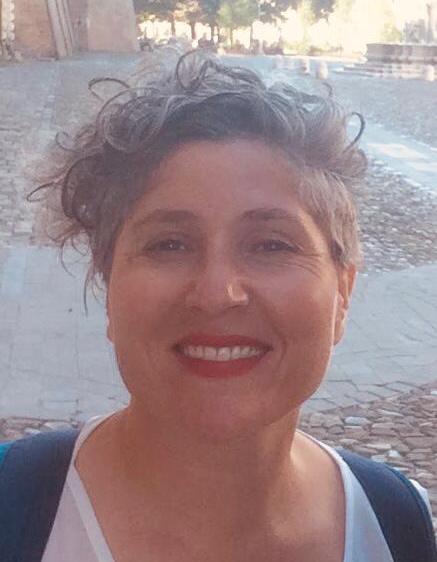
Claudia d'Amato
Computer Science Department
University of Bari (IT)
Short Bio
Claudia d’Amato is associate professor at the University of Bari – Computer Science Department and she got the Italian Habilitation for the functions of Full Professor for the Scientific Sector “09/H1 – Information Processing Systems ” on April 14th, 2021 and for the Scientific Sector “01/B1 – Informatics” on April 29th, 2021. She obtained her PhD in 2007 from the University of Bari, Italy, defending the thesis titled “Similarity Based Learning Methods for th Semantic Web. She pioneered the research on Machine Learning methods for ontology mining and Knowledge Graphs that still represents her main research interest. She is member of the editorial board of the Semantic Web Journal and the Journal of Web Semantics. She served/is serving as General Chair for ISWC 2022, Program Chair for ISWC 2017, ESWC 2014, Vice-Chair for ISWC 2009, Journal Track chair for TheWebConf 2018 (previously WWW), Tutorial Chair for ECAI 2020, Machine Learning Track Chair for ESWC’12-’13-’16-’17 and PhD Symposium chair at ESWC’15-’21. She served/is serving as a program committee member of a number of international conferences in the area of Artificial Intelligence, Machine Learning and Semantic Web such as AAAI, IJCAI, ECAI, ECML, ISWC, TheWebConf, ESWC.
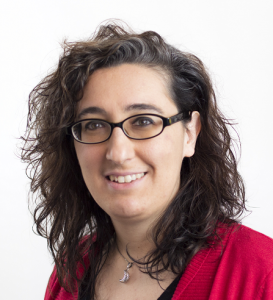
Irene Celino
Cefriel
Milano (IT)
Short Bio
Irene Celino is the Head of the Knowledge Technologies group at Cefriel. Her research activities cover two main trends: Human Computation (AI user acceptance, human-in-the-loop machine learning, user engagement for data management via citizen science and crowdsourcing) and Semantic Web (data fabric and data spaces, data harmonization and semantic interoperability), with focus on the application of such technologies to the development of web applications, especially in Smart City and Communities scenarios. She has 15+ years of experience in cooperative research projects, both at National/Regional level and at European level within FP6, FP7, H2020 and EIT (Digital, manufacturing, Urban Mobility). She is author of 100+ peer-reviewed scientific publications. With her team, she won the Semantic Web Challenge in 2011 and 2015, the AI Mashup Challenge in 2011 and the Big Data Challenge in 2014..
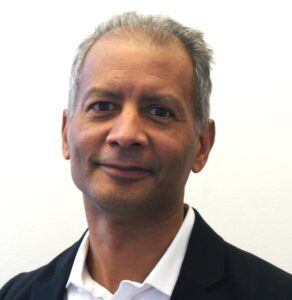
John Domingue
KMi, Open University and
President of STI International (UK)
Short Bio
John Domingue is a full Professor of Computer Science at the Open University, Director of the Knowledge Media Institute, the OU’s technology Research and Innovation centre, and the President of STI International, a semantics focused networking organization. He has published over 280 refereed articles in the areas of semantics, the Web, distributed ledgers and eLearning. Prof. Domingue served as the leader of the first of five themes, on University Learners, for the £40M Institute of Coding which aimed to increase the number and diversity of computing graduates in the UK as well as enhancing the connection between university teaching and corporate training. In 2017 Prof Domingue’s research in blockchains and education was referenced in the Joint Research Centre Policy Report Blockchain in Education for the European Commission. Prof. Domingue has given many talks on his work including at the Royal Institution in 2018, at TEDx and most recently featured in THE Campus on interdisciplinary research teams. The start of 2022 saw a new project to develop smart national educational content platform (VocTeach Platform), embedding the latest AI techniques, to support FE educators was initiated with John Domingue serving as the overall project lead

Michel Dumontier
Maastricht University
(NL)
Short Bio
Dr. Michel Dumontier is the Distinguished Professor of Data Science at Maastricht University and co-founder of the FAIR (Findable, Accessible, Interoperable and Reusable) data principles. His research focuses on the development of computational methods for scalable and responsible discovery science. Previously a faculty member at Carleton University in Ottawa and Stanford University in Palo Alto, Dr. Dumontier founded and directs the interfaculty Institute of Data Science at Maastricht University. His work is supported through the Dutch National Research Agenda, the Netherlands Organisation for Scientific Research, Horizon 2020/Europe, the European Open Science Cloud, the US National Institutes of Health, and a Marie-Curie Innovative Training Network. He is the editor-in-chief for the journal Data Science and is internationally recognized for his contributions in bioinformatics, biomedical informatics, and semantic technologies including ontologies and linked data.
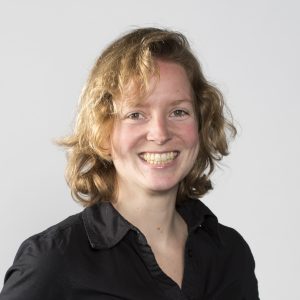
Marieke van Erp
DHLab, KNAW Humanities Cluster
(NL)
Short Bio
Marieke van Erp leads the Digital Humanities Lab at the KNAW Humanities Cluster in Amsterdam, the Netherlands. She holds a PhD in computational linguistics from Tilburg University where she applied digital humanities methods on historic textual sources from the Naturalis Biodiversity Center. Her research focuses on semantic analysis of text to extract entities and events. She worked in the Semantic Web group and Computational Lexicology and Terminology Lab at Vrije Universiteit Amsterdam on bringing together the fields of natural language processing and semantic web.

Aldo Gangemi
University of Bologna and
National Research Council (IT)
Short Bio
Aldo Gangemi is full professor at University of Bologna, and associate researcher at Italian National Research Council, Rome. He has co-founded the Semantic Technology Lab at ISTC-CNR. His research focuses on Semantic Technologies as an integration of methods from Knowledge Engineering, the Semantic Web, Linked Data, Cognitive Science, and Natural Language Processing. His theoretical interests concentrate upon the representation and discovery of knowledge patterns from data, ontology, natural language, and cognition, across multiple application domains. He has published more than 200 papers in international peer-reviewed journals, conferences and books, and seats as EB member of Semantic Web, Applied Ontology, and Web Semantics journals.
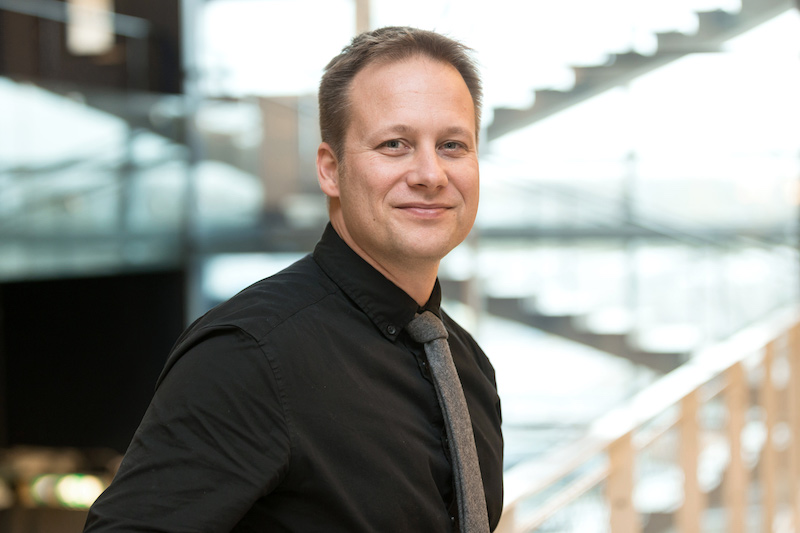
Paul Groth
Intelligent Data Engineering Lab
University of Amsterdam (NL)
Short Bio
Paul Groth is Professor of Algorithmic Data Science at the University of Amsterdam where he leads the Intelligent Data Engineering Lab (INDElab). He holds a Ph.D. in Computer Science from the University of Southampton (2007) and has done research at the University of Southern California, the Vrije Universiteit Amsterdam and Elsevier Labs. His research focuses on intelligent systems for dealing with large amounts of diverse contextualized knowledge with a particular focus on web and science applications. This includes research in data provenance, data integration and knowledge sharing. Previously, Paul led the design of a number of large scale data integration and knowledge graph construction efforts in the biomedical domain. Paul was co-chair of the W3C Provenance Working Group that created a standard for provenance interchange. He has also contributed to the emergence of community initiatives to build a better scholarly ecosystem including altmetrics and the FAIR data principles. Paul is co-author of “Provenance: an Introduction to PROV” and “The Semantic Web Primer: 3rd Edition” as well as numerous academic articles.
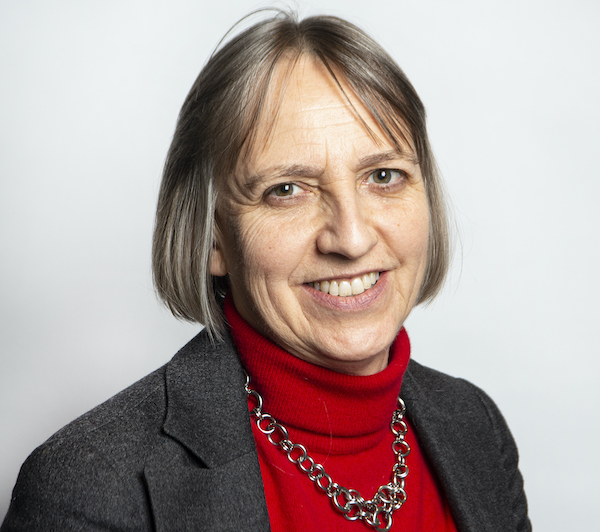
Lynda Hardman
Amsterdam Data Science
(NL)
Short Bio
Director Amsterdam Data Science, 2018-present
European Director LIAMA, 2018-present
Member of COST Scientific Committee, 2021-present
Member of SURF Scientific Technical Council (WTR), 2021-present
Member NWO Domain Science advisory committee for Computer Science, 2018-2022
Member of Dagstuhl Scientific Directorate, 2018-present
Member of Scientific Advisory Board of the Mannheim Center for Data Science 2021- present
Member of Advisory Board of ScienceWorks, 2019-present
CWI representative in ICT-Research Platform Netherlands (IPN) Equality, Diversity & Inclusion working group, 2018-present
Professor Multimedia Discourse Interaction, Utrecht University, 2016-present
Fellow of the British Computer Society since 2019
Panel member for Research Assessment Exercise, Computer Science / Information Technology Hong Kong 2020-2021
Panel member for ERC Synergy Grants 2019
Past-president Informatics Europe 2018-2019
President Informatics Europe 2016-2017
Member of Amsterdam Data Science supervisory board 2015-2017
ACM Distinguished Scientist since 2014
Board member Informatics Europe 2012-2015
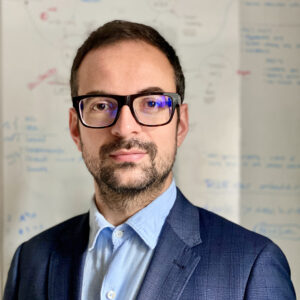
Albert Meroño Peñuela
King's College London
(UK)
Short Bio
Dr. Albert Meroño Peñuela is an Assistant Professor in Computer Science and Knowledge Engineering at King’s College London (United Kingdom). He obtained his PhD at the Vrije Universiteit Amsterdam in 2016, under the supervision of Frank van Harmelen, Stefan Schlobach, and Andrea Scharnhorst; and has done research at the Netherlands Academy of Arts and Sciences and the Autonomous University of Barcelona. His research focuses on Multimodal Knowledge Graphs, Web querying, and Cultural AI. Albert has participated in large Knowledge Graph infrastructure projects in Europe, such as CLARIAH and Polifonia H2020; co-chairs the AI and Music DARIAH Working Group; and has published research in ISWC, ESWC, the Semantic Web Journal and the Journal of Web Semantics.
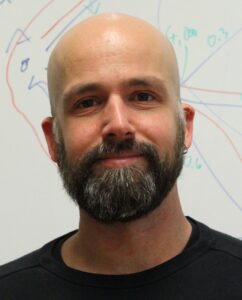
Heiko Paulheim
University of Mannheim
(GER)
Short Bio
Heiko is a professor for Data Science at University of Mannheim. He holds a PhD from the Technical University in Darmstadt. His research topics include the creation and integration of large Semantic Web Knowledge Graphs and their use in intelligent applications, as well as ontology matching and learning, and, more recently, societal impacts of artificial intelligence. His group has published open knowledge graphs, such as CaLiGraph and DBkWik, as well as tools and software such as the Knowledge Graph package for Python and the knowledge graph embedding framework RDF2vec. Heiko has been part of the organizing committee at ISWC and ESWC in various roles, has co-organized various workshops, including Know@LOD (Knowledge Discovery meets Linked Open Data), CSSA (Combining Symbolic and Subsymbolic Methods and their Applications), and LD4IE (Linked Data for Information Extraction) series, and served as a PC member at major conferences in the field, such as ISWC, ESWC, ACM Hypertext, AAAI, ECAI, WIMS, and I-SEMANTICS, among others.
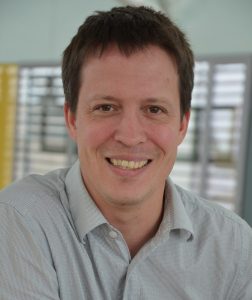
Axel Polleres
Vienna University of Economics and Business (AT)
Short Bio
Axel Polleres heads the Institute of Information Business of Vienna University of Economics and Business (WU Wien) which he joined in Sept 2013 as a full professor in the area of “Data and Knowledge Engineering”. Since January 2017 he is also a member of the Complexity Science Hub Vienna Faculty.Between January and June 2018, he has been appointed as visitng professor at Stanford University under the Distinguished Visiting Austrian Chair Professors program hosted by The Europe Center in the Freeman Spogli Institute for International Studies at Stanford. He obtained his Ph.D. and habilitation from Vienna University of Technology and worked at University of Innsbruck, Austria, Universidad Rey Juan Carlos, Madrid, Spain, the Digital Enterprise Research Institute (DERI) at the National University of Ireland, Galway, and for Siemens AG’s Corporate Technology Research division before joining WU Wien. His research focuses on querying and reasoning about ontologies, rules languages, logic programming, Semantic Web technologies, Web services, knowledge management, Linked Open Data, configuration technologies and their applications. He has worked in several European and national research projects in these areas. Axel has published more than 100 articles in journals, books, and conference and workshop contributions and co-organised several international conferences and workshops in the areas of logic programming, Semantic Web, data management, Web services and related topics and acts/acted as editorial board member for JWS, SWJ and IJSWIS. Moreover, he actively contributed to international standardisation efforts within the World Wide Web Consortium (W3C) where he co-chaired the W3C SPARQL working group.
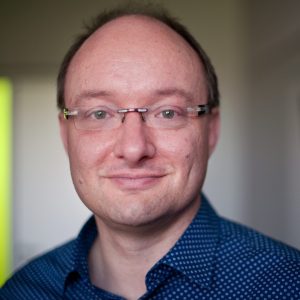
Sebastian Rudolph
Computational Logic Group,
TU Dresden (GER)
Short Bio
Sebastian obtained a PhD in Mathematics from TU Dresden in 2006, before joining Rudi Studer’s Knowledge Management Group in Karlsruhe, where he received his habilitation in Computer Science in 2011. Since 2013, he is a full professor for computational logic at TU Dresden. His main research interests comprise Artificial Intelligence (especially Knowledge Representation and Reasoning), Database Theory, NLP and others.
Research stays have lead Sebastian to places as diverse as Oxford, Montpellier, Rennes, Santiago de Chile and Vienna. Sebastian co-authored several textbooks on Semantic Web technologies. He recently received an ERC Consolidator Grant to support his research on the decidability boundaries of logic-based Knowledge Representation.
Assistant Tutors
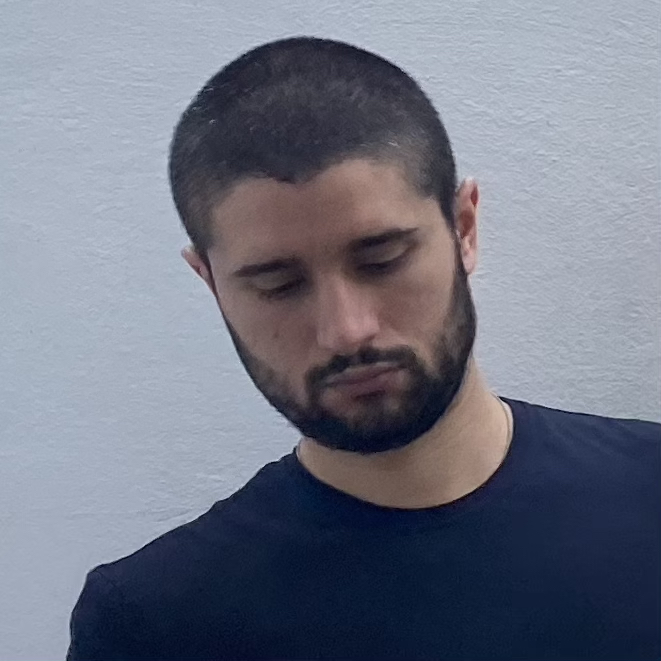
Jacopo de Berardinis
King’s College London
(UK)
Short Bio
Jacopo is a Postdoctoral Research Associate in Informatics at King’s College London, and Honorary Research Assistant at the Applied Music Research Lab (University of Liverpool). He received his PhD in Machine Learning from the University of Manchester, and his research interests focus on the design of computational methods for music analysis and recommendation: from the detection of structures and emotions in music, to the design and evaluation of systems for automatic music composition.
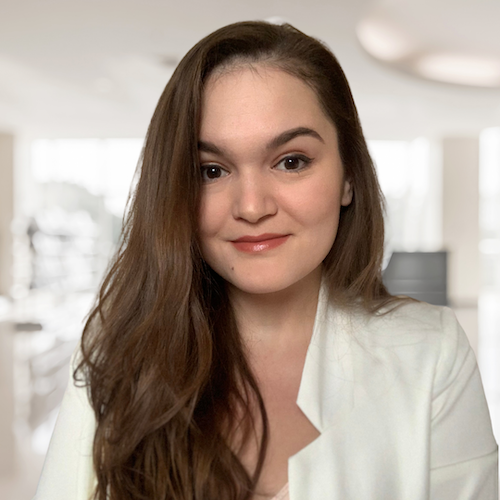
Fiorela Ciroku
University of Bologna
(IT)
Short Bio
Fiorela Ciroku is a third-year PhD student in Computer Science and Engineering at the University of Bologna. The topic of her doctorate is “Supporting requirement analysis and unit testing in the ontology engineering process”, under the supervision of Valentina Presutti. She has obtained her Master’s degree in “Web Science and Technology” at the University of Koblenz-Landau, Germany. During this time, she worked as a student assistant for the Semantic Web course for 3 semesters. In her earlier studies, she graduated from the University of Tirana in Business Informatics. After graduation, an internship as a Specialist in Communication Systems by the Ministry of Defense of Albania was completed successfully.
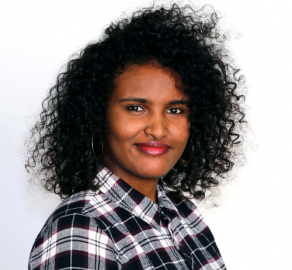
Genet Asefa Gesese
FIZ Karlsruhe & Karlsruhe Institute of Technology (GER)
Short Bio
Genet Asefa Gesese is a PhD student/Junior researcher at the Information Service Engineering group at FIZ Karlsruhe and Karlsruhe Institute of Technology (KIT), Institute of Applied Informatics and Formal Description Methods (AIFB). She has a Bachelor’s degree in computer science from Hawassa University, Ethiopia and M.Sc. degree in computer science from Addis Ababa University, Ethiopia. She also received a masters degree in Computational Logic from Dresden University of Technology, Germany. Her research interests include NLP, Knowledge graph, Semantic web, and Machine learning.
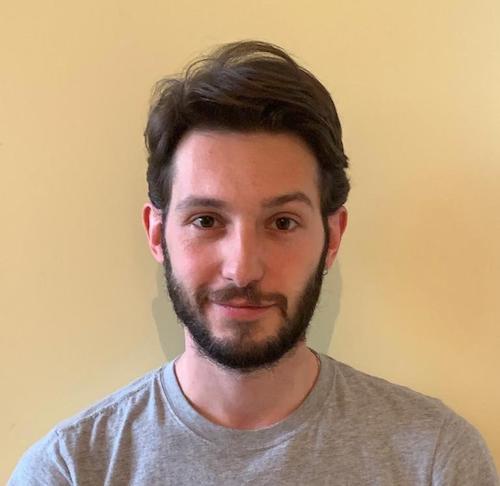
Stefano De Giorgis
University of Bologna
(IT)
Short Bio
Stefano De Giorgis graduated in Linguistic Sciences at University of Bologna, currently he is a PhD student in Digital Humanities. His research fields concern Knowledge Representation with a particular focus on Frame Semantics and Cognitive Semantics. He is also interested in Semantic Web technologies, Digital Humanities and Natural Language Processing.

Chang Sun
Maastricht University
(NL)
Short Bio
Chang Sun is a PhD candidate working at the Institute of Data Science at Maastricht University. She achieved her master degree in Artificial Intelligence in 2017 and then started her PhD in data science. Her research focuses on privacy-preserving data mining and federated/distributed machine learning technologies, synthetic private data generation, personal knowledge graphs, decentralized KGs (e.g., Social Linked Data) responsible data science. She developed a personal data vault platform where people can take full control of their own data in order to strengthen and extend the (re-)use of personal data while maximally protecting individuals’ privacy. Her long-term research goal is to find ways to balance the emerging importance of responsible data practices with the social and scientific value of research.
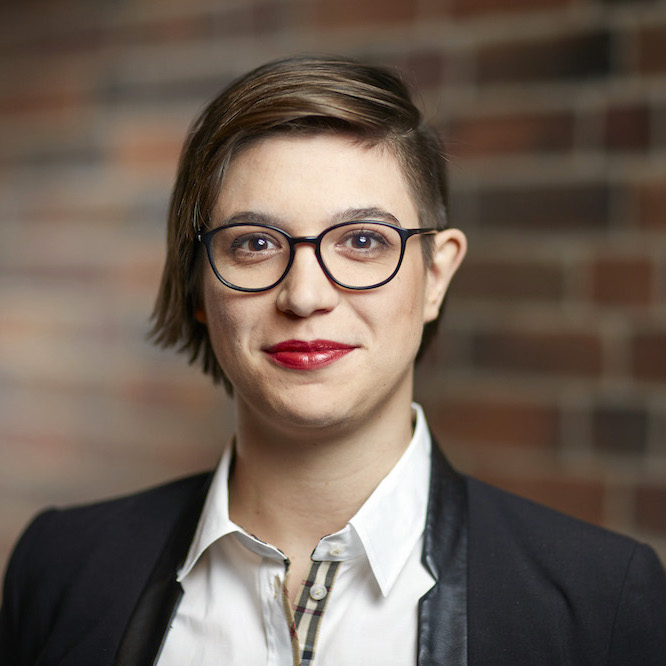
Tabea Tietz
FIZ Karlsruhe & Karlsruhe Institute of Technology (GER)
Short Bio
Tabea Tietz is Junior Researcher at the Information Service Engineering group at FIZ Karlsruhe and Karlsruhe Institute of Technology (KIT), Institute of Applied Informatics and Formal Description Methods (AIFB). From 2015 to 2017, Tabea was Research Assistant at the ‘Semantic Technologies and Multimedia Retrieval’ department at Hasso Plattner Institute in Potsdam. Her research interests include Knowledge Graphs for cultural heritage data, semantic (semi-)automated text annotation, visualizations, and research data management. Among other projects, Tabea is involved in NFDI4Culture, the consortium for research data on material and immaterial cultural heritage.